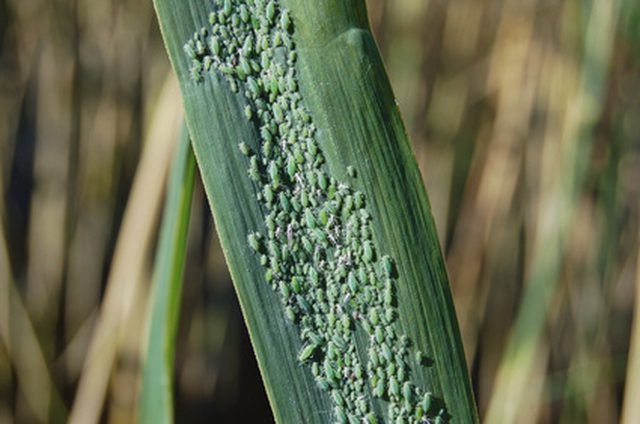Bulbs
Flower Basics
Flower Beds & Specialty Gardens
Flower Garden
Garden Furniture
Garden Gnomes
Garden Seeds
Garden Sheds
Garden Statues
Garden Tools & Supplies
Gardening Basics
Green & Organic
Groundcovers & Vines
Growing Annuals
Growing Basil
Growing Beans
Growing Berries
Growing Blueberries
Growing Cactus
Growing Corn
Growing Cotton
Growing Edibles
Growing Flowers
Growing Garlic
Growing Grapes
Growing Grass
Growing Herbs
Growing Jasmine
Growing Mint
Growing Mushrooms
Orchids
Growing Peanuts
Growing Perennials
Growing Plants
Growing Rosemary
Growing Roses
Growing Strawberries
Growing Sunflowers
Growing Thyme
Growing Tomatoes
Growing Tulips
Growing Vegetables
Herb Basics
Herb Garden
Indoor Growing
Landscaping Basics
Landscaping Patios
Landscaping Plants
Landscaping Shrubs
Landscaping Trees
Landscaping Walks & Pathways
Lawn Basics
Lawn Maintenance
Lawn Mowers
Lawn Ornaments
Lawn Planting
Lawn Tools
Outdoor Growing
Overall Landscape Planning
Pests, Weeds & Problems
Plant Basics
Rock Garden
Rose Garden
Shrubs
Soil
Specialty Gardens
Trees
Vegetable Garden
Yard Maintenance
How to Treat Aphids on Fruit Trees & Plants
How to Treat Aphids on Fruit Trees & Plants. Aphids thrive on the underside of leaves and flower petals. Aphids are pear shaped, come in a variety of colors and have two cornicles, resembling tailpipes, on their abdomen. They reproduce without mating within a week of being born, so the population can increase quickly and dramatically. Aphids feed...

Aphids thrive on the underside of leaves and flower petals. Aphids are pear shaped, come in a variety of colors and have two cornicles, resembling tailpipes, on their abdomen. They reproduce without mating within a week of being born, so the population can increase quickly and dramatically. Aphids feed on fruit tree and plant parts, which they eliminate as a clear, sticky waste, called honeydew. Their presence is indicated by the honeydew and the ants that feed on it. Damage to fruit trees and plants includes off-color foliage, twisted and curled leaves, poor plant growth and branch dieback. You can attack an aphid problem in a variety of ways.
Things You'll Need
Garden hose
Insecticidal soap
All-season horticultural oils
Pump sprayer
Ladybugs
Parasitic wasps
Exercise patience when you first discover the presence of aphids. Pursue a course of treatment that begins with the simplest to implement and the least invasive to the environment and escalate only as necessary. Natural enemies of aphids, such as lady beetles and parasitic wasps, will thin the population. Heavy rains can wash the aphids from the fruit trees and plants.
Spray high-pressure water from a garden hose onto the underside of the leaves to dislodge the aphids. Repeat this process several times weekly to control the population.
Wash the plants with insecticidal soap according to the package directions. Insecticidal soap is a safe, highly refined form of liquid soap that washes aphids, honeydew buildup and other debris off plant leaves without harming naturally beneficial insects. Wash the soap off with a forceful spray of water from a garden hose.
Spray all-season horticultural oils onto trees with a pump sprayer as soon as the aphids appear. Horticultural oil is labeled as an insecticide; use it according to the label directions. The oil works by suffocating the insects, as well as disrupting the development of their eggs.
Purchase and release natural enemies of aphids, such as ladybugs and parasitic wasps, into the orchard or garden. These insects feed off of aphids or their eggs and help regulate the infestation. Follow manufacturer recommendations regarding the number needed to populate the orchard or garden, as well as package directions for releasing the beneficial insects.
Tips & Warnings
Insecticidal soap, horticultural oil, ladybugs and parasitic wasps are available at garden centers.
Use eye and respiratory protection when spraying any pesticides or chemicals into the orchard or garden.
Do not use liquid detergent mixed with water as a substitute for insecticidal soap. Liquid detergent can leave a residue on the plant that will inhibit its growth or kill it.
Broad-spectrum insecticides kill beneficial insects, as well as aphids.